Why Choose Electric
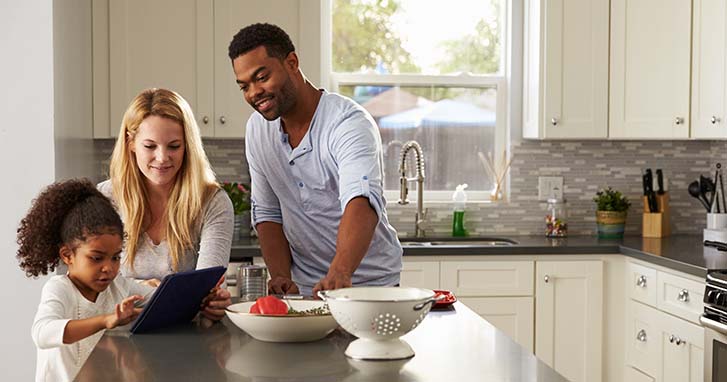
Switching to a home that is all-electric can lower your energy costs, modernize your home, and reduce your carbon footprint. Plus, thousands of dollars in incentives could be available in your area through state-funded programs. Learn more about electrification, incentives, and certified contractors in your area at switchison.org
Why Choose Electric?
Today’s electric appliances are designed to need a smaller amount of energy to do their job. By comparing appliances’ EnergyGuide labels, you can find energy-efficient products within your price range.
Energy-efficient technology can help lower your energy usage, which can translate into savings on your energy bill. For example, you’ll save an average of 15-24% energy by switching to an electric heat pump water heater.
Gas appliances can create indoor air pollution from burning fossil fuels in a closed environment. By switching to electric appliances, you’ll reduce pollutants like carbon monoxide that can exacerbate respiratory and other health issues.
Lowering greenhouse gas emissions reduces your environmental impact. You can reduce your carbon footprint even more by shifting your usage to daytime hours, tapping into clean energy sources like solar and wind.
How Do I Go Electric?
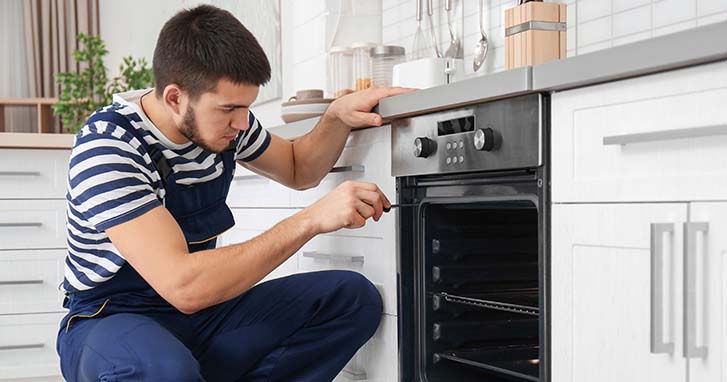
Upgrade your existing home by replacing your current appliances with new electric ones. Investing in these appliances now can help you save long-term.
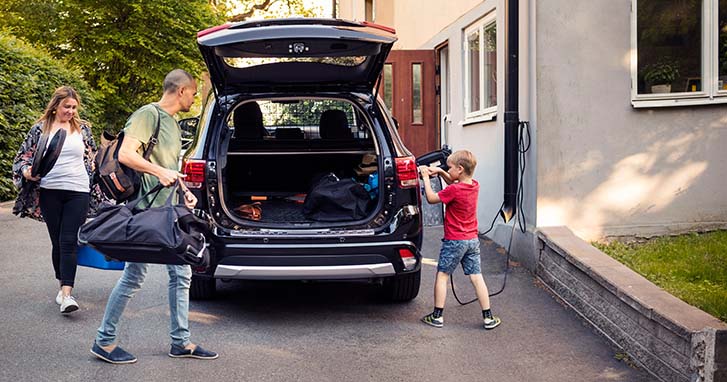
When you’re looking for a new home, consider choosing one with electric appliances already installed. That way you’ll be able to take advantage of energy-efficiency savings as soon as you move in.
For more information on current and new all-electric homes, visit the BIASC New Homes Showcase and the Building Industry Association of Southern California website at https://showcase.biasc.org/all-electric-homes.
Electric Appliances for Your Home
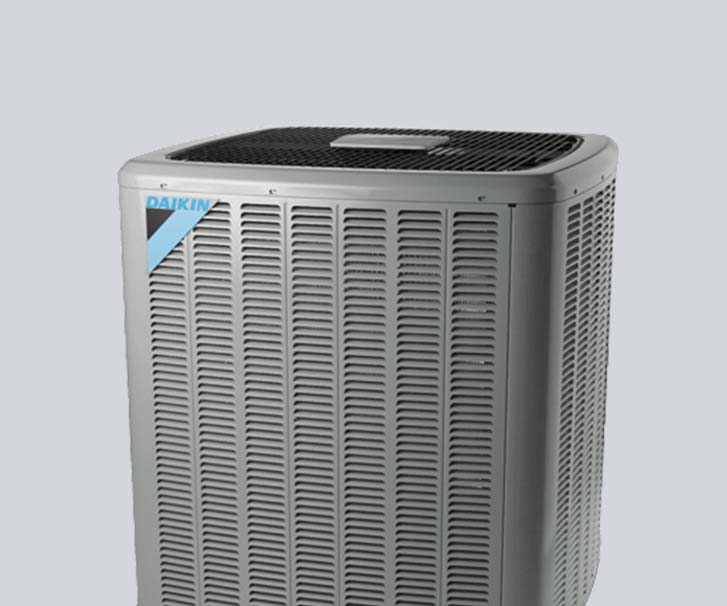
HVAC Heat Pumps also called Heat Pump Air Conditioning Systems, provides a more cost-effective, energy-efficient way to heat and cool your home by moving heat rather than creating it. Unlike propane and natural gas heating systems, these conditioning systems provide good air filtration and dehumidification for better household air quality.
Discounted pricing may be available from installation contractors and resellers that purchased the equipment from participating distributors. Click here to learn more.>
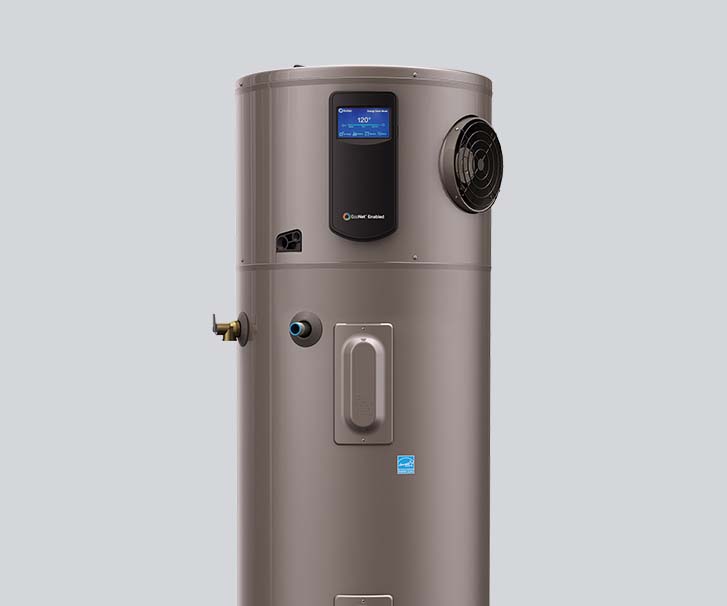
You may not realize it, but your water heater can be the second-highest energy user in your home behind your heating and cooling system. The latest electric heat pump water heaters can be up to three times more energy-efficient than standard electric ones, helping you save long-term. Newer models also let you customize your settings based on your lifestyle.
Discounted pricing may be available from installation contractors and resellers that purchased the equipment from participating manufacturers. Click here to learn more.
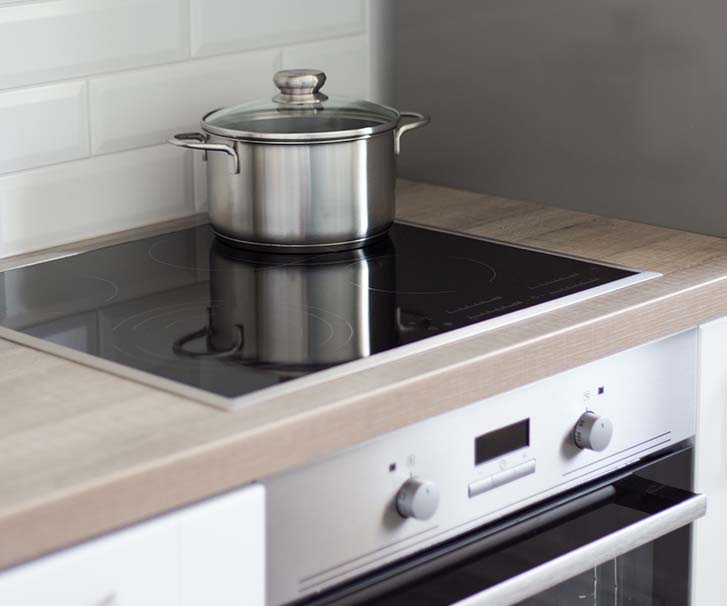
Electric stoves are easier to clean, safer to use, and provide a more even cooking surface than gas stoves. Chefs in both residential and commercial kitchens especially love induction stoves, which instantly turn on and off when cookware is placed on or taken off the stovetop. This means you can cook with more accurate heat control and you’ll see an immediate response when you change the temperature.
More Ways to Electrify
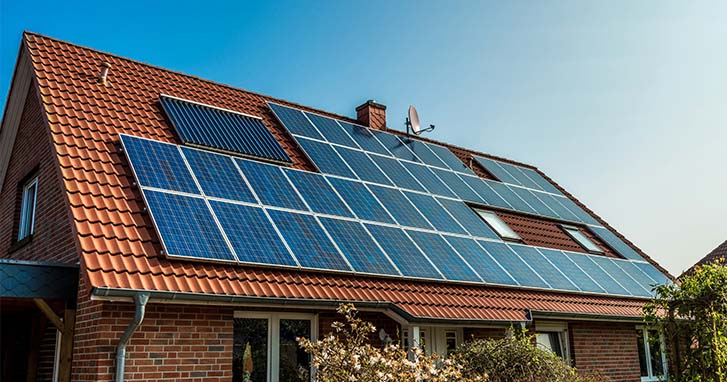
Generate your own electricity by installing solar panels at home. You can also get bill credits for putting the excess solar energy that you’ve generated back into the grid.

Reduce your dependence on fossil fuels when you’re away from home by getting an electric vehicle (EV). Beyond saving money for gas, you can also take advantage of rebates and incentives for buying or leasing an EV.
Home battery storage systems can be charged with energy generated from solar panels or the grid at off-peak times, and then used at peak hours when electricity is more expensive or renewable resources aren’t available.
Automate your energy savings with a smart thermostat. Using the thermostat’s app, you can create customized settings for your lifestyle and even adjust your temperature remotely.
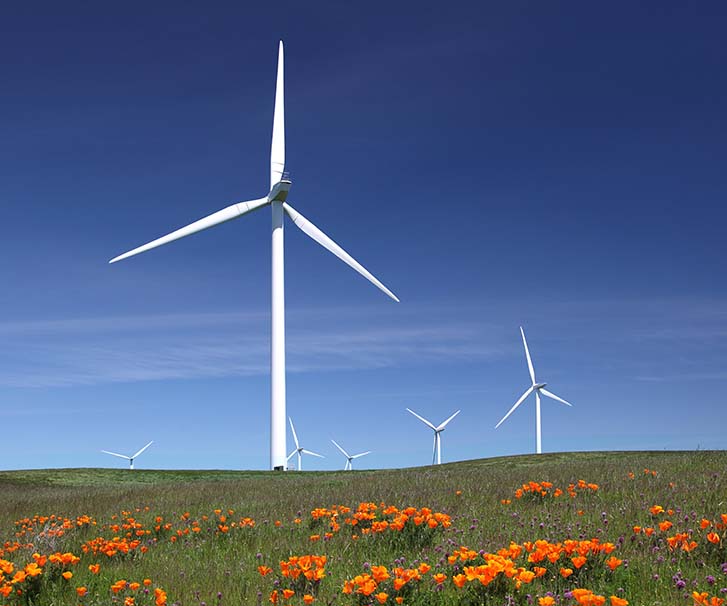
Even small changes like switching to energy-efficient electric appliances help our efforts to reduce California’s carbon emissions.
The California Advanced Homes Program (CAHP) is a residential new construction program with a cross-cutting focus on energy efficiency, sustainable design and construction, and clean energy technologies that supports SCE’s Pathway 2045. Learn More
